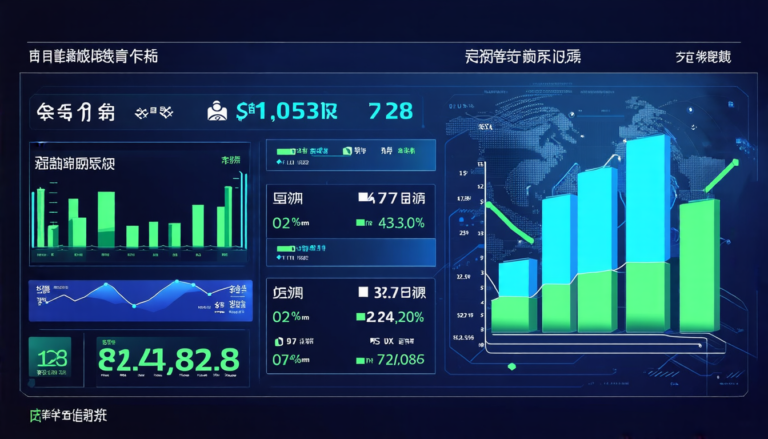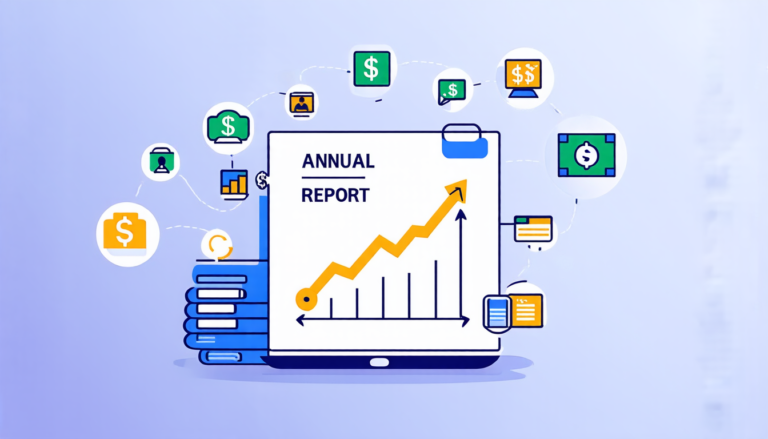Thursday 24 July 2025
The struggle to access affordable mental health medication is a pressing issue, particularly for low-income Americans. A recent analysis of bibliometric data has shed light on the complex web of factors contributing to this problem.
Researchers examined the top 100 cited articles in the field of pharmaceutical pricing and antidepressant access, revealing that high drug prices are a significant barrier for those struggling to make ends meet. The study found that branded antidepressants can cost upwards of $150 per month, making them unaffordable for many individuals. This is particularly concerning given that depression is a leading cause of disability worldwide.
The analysis also highlighted the importance of understanding the broader socioeconomic context in which mental health treatment takes place. Factors such as insurance status, healthcare access, and social support networks all play a critical role in determining whether or not individuals can access necessary medication.
One of the key findings was that racial and ethnic minorities are disproportionately affected by these barriers to care. They are more likely to experience depression, but less likely to receive appropriate treatment due to financial constraints. This is a concerning trend given the devastating impact that untreated mental illness can have on individuals, families, and communities.
The study’s authors emphasized the need for policymakers and healthcare providers to take action to address these disparities. This could involve implementing policies aimed at reducing drug prices, increasing access to affordable medication, and improving healthcare infrastructure in underserved areas.
Moreover, the analysis underscored the importance of considering the cultural and social factors that influence mental health treatment-seeking behaviors. For example, individuals from certain racial or ethnic backgrounds may be more likely to avoid seeking care due to stigma or cultural norms.
The findings also highlighted the need for further research into the long-term impact of pharmaceutical pricing on mental health outcomes. While the study provided valuable insights, it was limited by its focus on a specific dataset and time period.
Ultimately, addressing the barriers to affordable mental health medication will require a multifaceted approach that takes into account the complex interplay between socioeconomic factors, healthcare access, and individual characteristics. By working together, we can ensure that all individuals have access to the care they need to thrive.
Cite this article: “Barriers to Affordable Mental Health Medication: A Complex Web of Factors”, The Science Archive, 2025.
Mental Health, Medication, Affordability, Low-Income, Pharmaceutical Pricing, Antidepressants, Depression, Socioeconomic Factors, Healthcare Access, Racial Disparities







